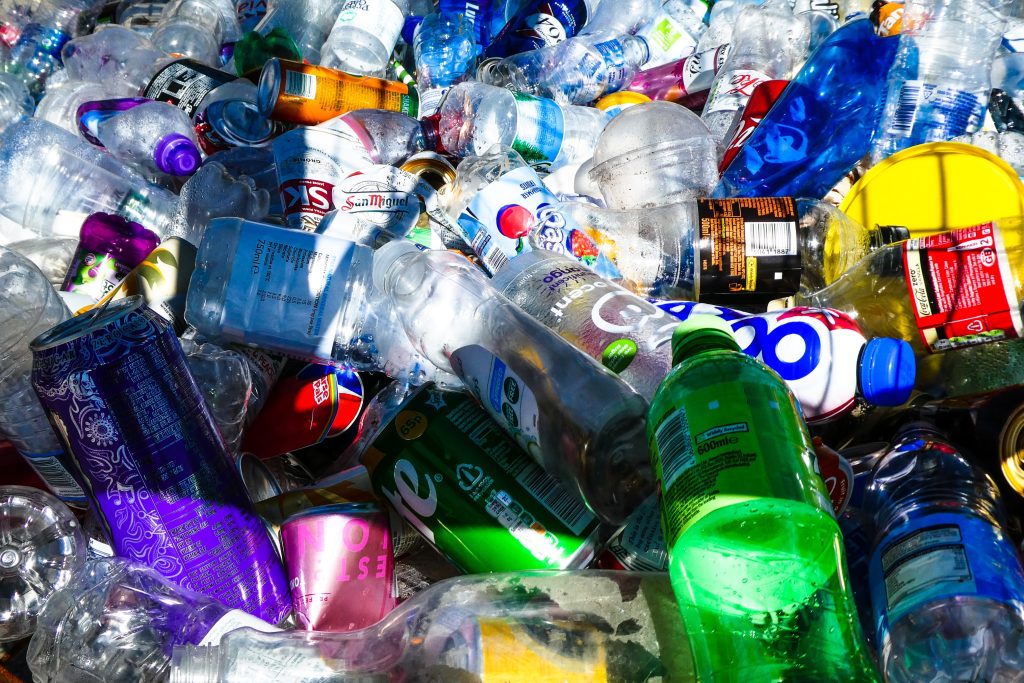
A 2016 Ellen MacArthur post called “The New Plastics Economy – Rethinking the Future of Plastic” predicted that if nothing was done to stop plastic from entering the oceans, by 2050 there would be more plastic than fish in our seas. With the greater consumption of this material triggered by the COVID-19 pandemic associated with its inadequate disposal, new studies have confirmed this alarming fact. , with support from several organizations, including the University of Oxford and the Ellen MacArthur Foundation called “Breaking the plastic wave” (breaking the plastic wave, free translation), points out that, if we continue on the current trajectory, by 2040 the flow of plastic reaching the oceans will triple, reaching 29 million tons per year.
The information that all the commitments already agreed between governments and companies should cause a reduction of only 7% is noteworthy, far below what is necessary.
More than confirming the size of the problem, one of the main conclusions of the study is that it is possible to reverse around 80% of this volume if several solutions are implemented together and if we act to put them into practice as soon as possible.
Some measures are already well known and debated, such as eliminating all unnecessary plastics. The video in which researchers remove a plastic straw from a turtle's nose is enough to make anyone cry and never use a straw again, but this is far from solving the problem. It is necessary to eliminate all types of plastic that are not essential. The rest need to be designed To be reusable, recyclable or compostable.
Do you want to know more about replacing packaging with a reuse logic? Check out the article about a study carried out by Fundação Espaço ECO on the topic. >>
There is a big challenge here in which the industry needs to act with a lot of innovation, whether to replace a series of materials that do not fit into these categories, or to develop new business models and new recycling technologies, such as chemical recycling – a process through which the plastic returns to its primary composition.
It is not possible, however, to eliminate or replace all plastic. Therefore, ensuring that this material has an appropriate destination and that whenever possible it is reincorporated into production processes, allows this versatile material to continue to be used without impacting the environment. For this to happen, there must be infrastructure for selective collection, sorting units and recycling plants in all countries, that is, there must be sufficient infrastructure to guarantee the collection and circularity of this material.
On this point, the study Breaking the plastic wave indicates the need to expand recyclable material collection rates in developing countries by 90% in urban areas and by 50% in rural areas, with support and investment in the informal recycling chain, in addition to doubling mechanical recycling capacity in the world, scaling it up to reach the mark of 86 million tons per year by 2040. The perspective on the study “Breaking the plastic wave” – The Circular Economy solution to plastic pollution published by Ellen MacArthur indicates that for this to happen, it is necessary “continuous annual financing of around US$30 billion, best case scenario”.

Photo: Nick Fewings for Unsplash
In this sense, the reciChain, a network of companies that, organized into consortiums of entire value chains, seek to scale circular economy solutions through a collaborative platform, based on blockchain technology.
Through this technology, the platform will allow tracking the volume of investments made by consumer goods companies to meet the goals of the National Solid Waste Policy and the use of this resource in initiatives that guarantee the increase in installed waste recycling capacity. One of the main objectives of the initiative is, therefore, to guarantee additionality, that is, to generate an increase in recycling rates, when compared to an initial scenario (baseline). Furthermore, as it is a decentralized and immutable technology, blockchain guarantees the increase and credibility of reverse logistics programs, ensuring transparency between all links that are part of the recycling chain, while at the same time helping to generate fairer jobs for those working in the recycling sector.
The generation of fair jobs will be guaranteed by structuring programs, entities that create new screening units based on the investment made, and which also advise and audit the screening units and are able to verify whether these facilities are complying with legal obligations and requirements, in addition of good practices and minimum criteria established by the initiative.
Another difference from the reciChain is that it will make possible the investment of other links in the chain, such as suppliers, who will be able to invest in reverse logistics credits and pass these credits on to their customers, promoting cooperation between the different links in the chain to establish effective commitments in the circular economy.
In total, eight companies are already participating in the pilot phase of the project: Natura, Henkel, Braskem, Bomix, Triciclos, Wise and Recicleiros and BASF itself, with support from Fundação Espaço ECO.

In addition to the issue of plastic pollution in the oceans, which in itself already entails an obligation for all sectors involved in solving this problem, the circularity of plastic can bring substantial financial gains to companies and governments. The industry can benefit in several ways, whether by ensuring its legal compliance, as environmental legislation in several countries around the world has become increasingly restrictive, or by greater operational efficiency, reduced consumption of fossil raw materials, in addition to of several other intangible benefits, such as increased brand reputation and loyalty among consumers who are more sensitive to environmental and social issues.
Governments can also have significant economic returns, since selective collection and adequate disposal of urban solid waste consume a significant portion of city hall funds, especially in smaller municipalities.
Still according to the study, if we start and advance in the development of this positive agenda in a systemic way, in addition to controlling plastic pollution in the oceans, there will be economic gains in the order of U$ 70 billion for governments, U$ 1.3 trillion for businesses , in addition to the generation of more than 700,000 new jobs, when compared to the Business as Usual scenario. What are we waiting for?
Share